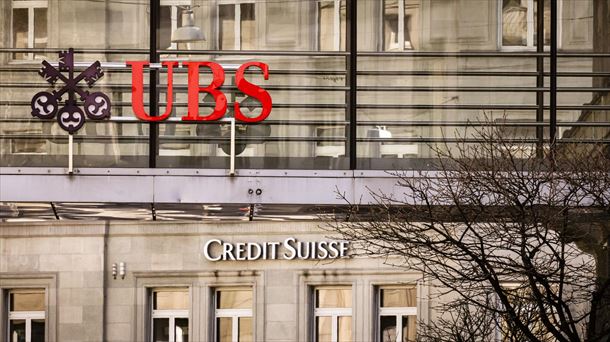Concerned about potential energy bottlenecks, the German government is also turning small screws: from this Thursday a series of energy-saving requirements will come into effect, intended to reduce consumption over the next six months. Public buildings are heated to a maximum of 19 degrees, neon signs are turned off at night and company doors are no longer allowed to be open all the time. Saving energy is, according to the text of the regulation, a “joint task of politicians, businesses and consumers”.
“Every kilowatt-hour saved helps a little bit out of dependence on Russia’s gas supply,” the regulation passed last week said. Austria is reluctant to take similar measures. Energy Minister Leonore Gewessler (Greens) only recommends saving on electricity and gas in general and wants to start a campaign for this in the autumn. Austria is still in the early warning phase with the gas emergency plan, in which gas flows are monitored. The storage facilities are currently about 67 percent full.
Germany is already on the alert. According to Economic Affairs Minister Robert Habeck (Greens), the current rules, together with other requirements that apply from 1 October, should reduce gas consumption there by about two to two and a half percent.
The rules that apply throughout Germany from 1 September:
- Transit areas such as corridors, foyers or technical areas are no longer heated – unless there are safety reasons for this.
- Public buildings are only heated to a maximum of 19 degrees – with physical light and predominantly sedentary work. Until now, the recommended minimum temperature has been 20 degrees, according to the ministry.
- An upper limit of 18 degrees applies to workspaces in which people perform light work “mainly standing or walking” or medium-heavy and mainly seated work.
- it’s 16 degrees for moderately strenuous activities, mainly standing or walking, and 12 degrees for physically difficult activities.
- The new regulation does not apply to clinics, healthcare institutions or other social institutions.
In addition, boilers and instantaneous water heaters may no longer be used for heating water at the sink – unless this is necessary for hygienic reasons. also DThe lighting of buildings and monuments is switched off for purely aesthetic or representative reasons. Excluded are short-term lighting at cultural events and folk festivals.
It can also get colder in offices
For private sector workplaces, dThe regulation does not require that the room temperature in offices be reduced. Legally, however, it is made possible for employers to heat less in the commercial sector and have the opportunity to follow the example of the public sector. This is the basis for voluntary commitments from companies and company agreements to save energy.
The following are mandatory for private business and trade:
- Clauses in rental contracts that prescribe a certain minimum temperature are temporarily suspended.
- Private swimming pools, both indoor and outdoor, may no longer be heated with gas and electricity.
- Gas suppliers and owners of larger residential buildings must inform their customers or tenants in good time about the expected energy consumption, costs and savings opportunities – at the latest at the start of the heating season.
No more glowing billboards
Furthermore, neon signs and billboards will be switched off the following day from 10 p.m. to 4 p.m. – if this is not necessary for road safety, such as at railway underpasses. Because it is already clear during the day, the lighting may not be turned on again until six o’clock in the afternoon. Doors or other “entry systems” to heated retail premises should no longer be left open permanently – unless necessary to keep an escape route open.
Source: Krone
I’m Wayne Wickman, a professional journalist and author for Today Times Live. My specialty is covering global news and current events, offering readers a unique perspective on the world’s most pressing issues. I’m passionate about storytelling and helping people stay informed on the goings-on of our planet.



